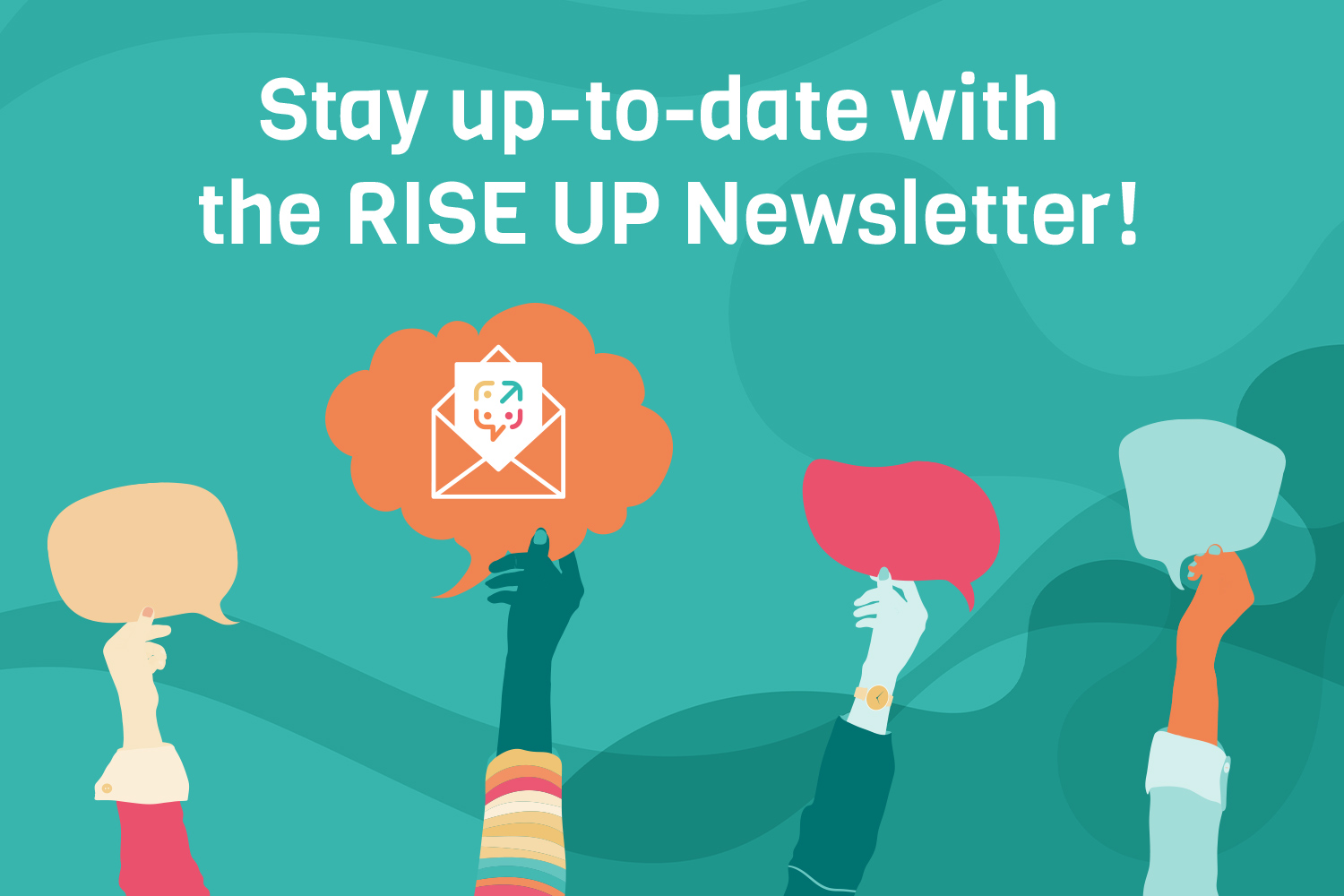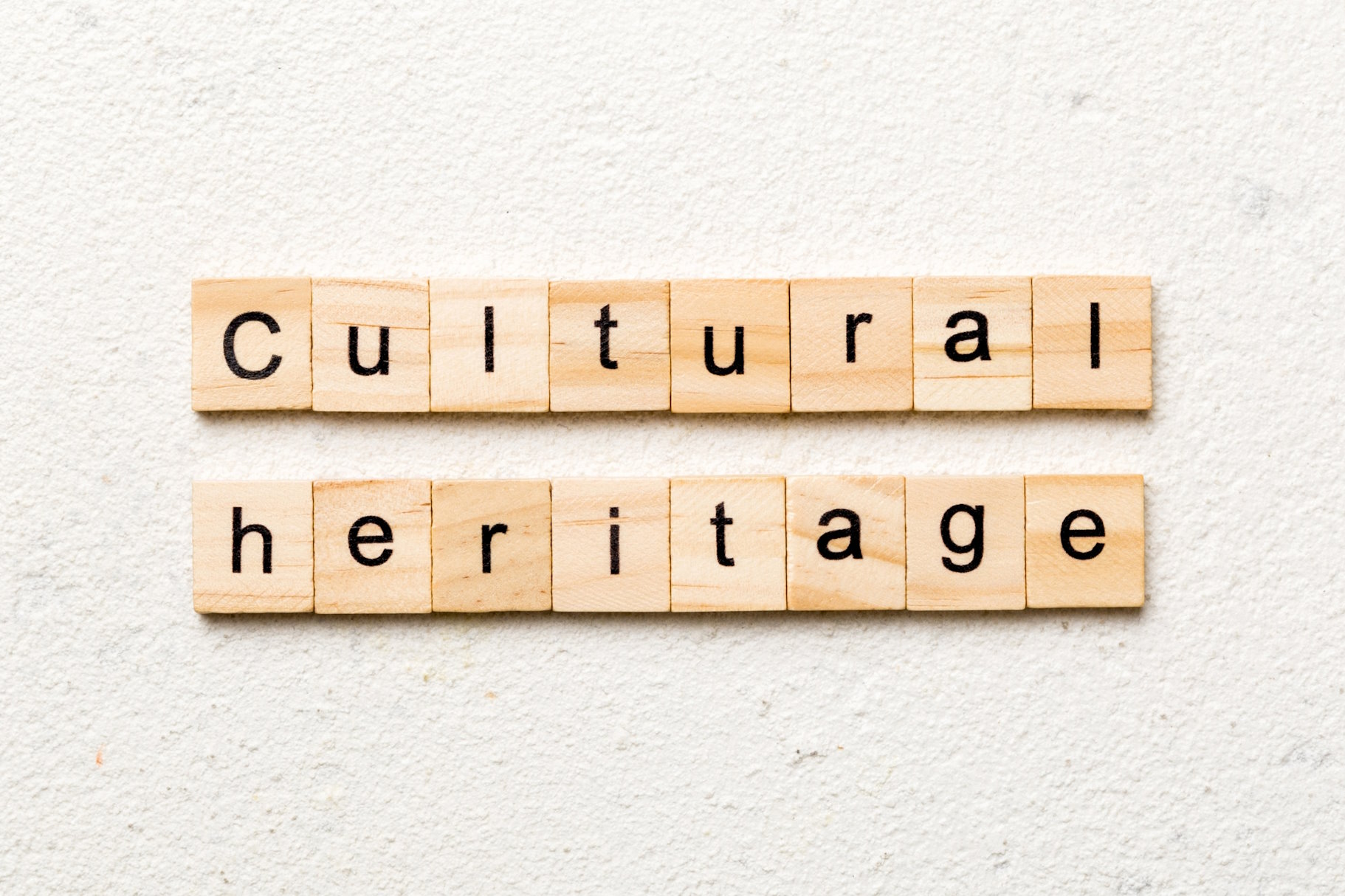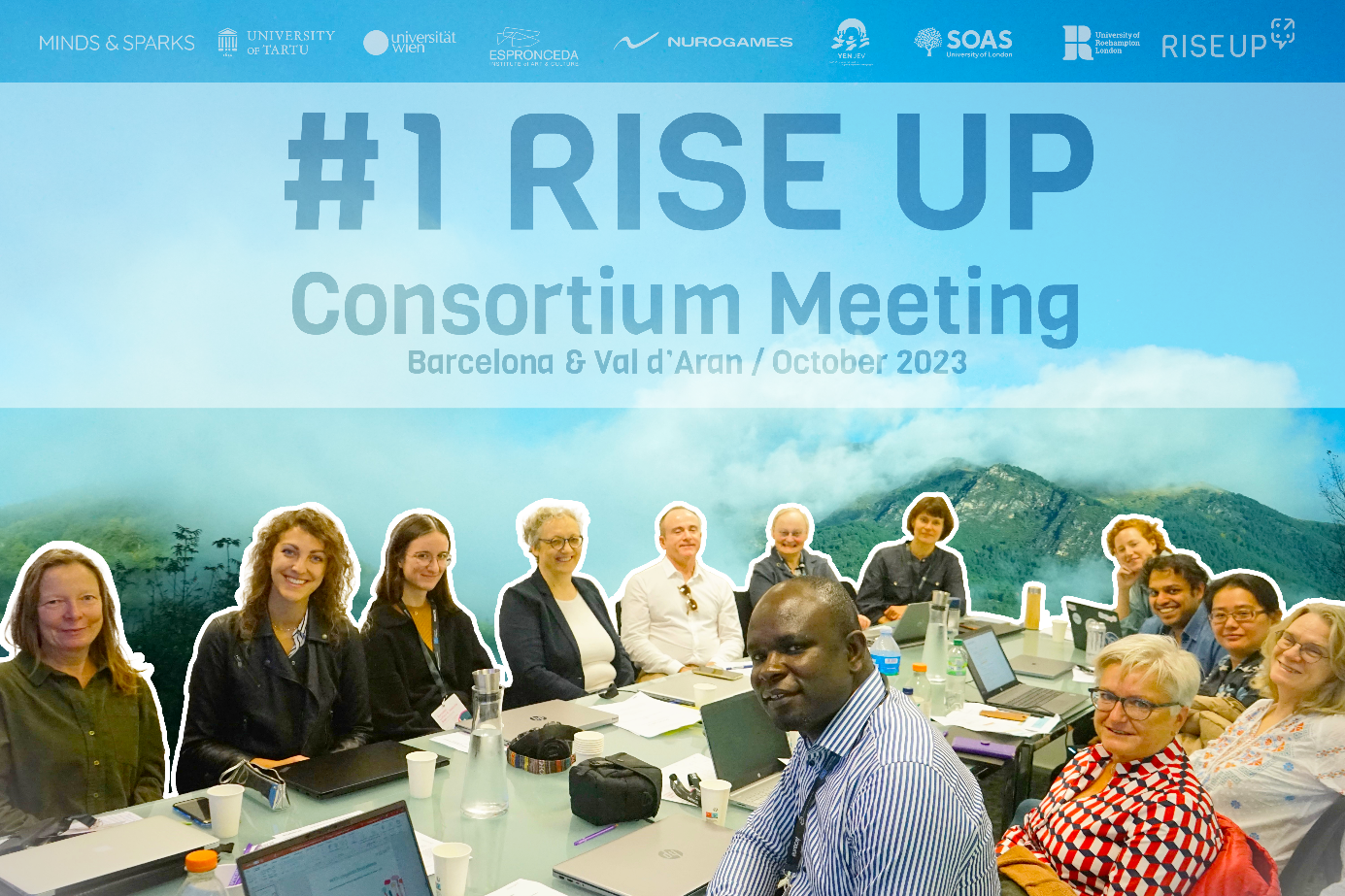
#1 RISE UP Consortium Meeting: Barcelona & Val d’Aran / October 2023
The first RISE UP Consortium Meeting took place in Catalonia, Spain from October 24-27, 2023. The Consortium first met in Barcelona to attend the European Culture & Creativity Days and hold an internal project meeting, and then travelled to Vielha e Mijaran: a small mountain town situated in the Val d’Aran, a beautiful valley in the Pyrenees Mountains. In Vielha, we took great pleasure in meeting with and learning from representatives of one our selected language communities (Aranés), held another project meeting to discuss further steps, challenges, and opportunities, and made plans for potential future events.
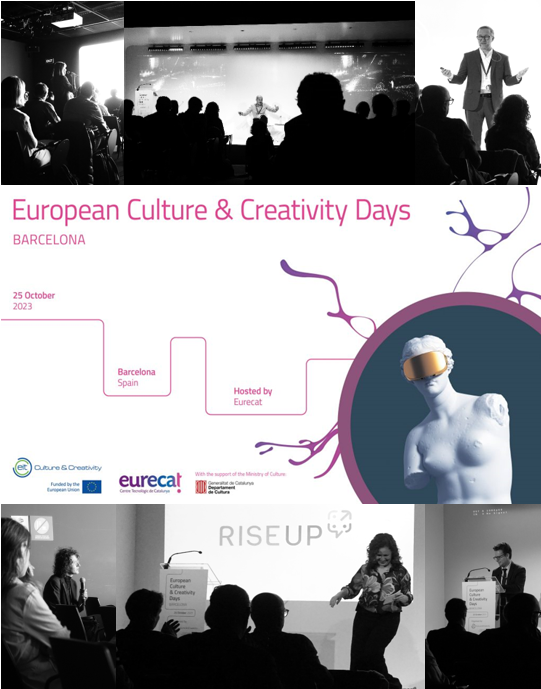
Day 1 (October 25)
For our first day in Barcelona, our host and Consortium Partner for Local Art and Cultural Events, Alejandro Martín (WP5, ESPRONCEDA), had organised RISE UP’s participation at the European Culture & Creativity Days Barcelona, which was hosted at the so-called Cibernàrium – an impressive building reminiscent of a metal beehive. The event was organised by the European Institute of Innovation and Technology (EIT), specifically by the ninth Knowledge and Innovation Community (KIC): EIT Culture & Creativity. As a treat before the brunch break, EIT Culture & Creativity played a promotional video of RISE UP, and in case interest had been piqued, we left numerous flyers and business cards in the lobby.
A meeting room was reserved for the RISE UP Consortium at EURECAT (Centre Tecnològic de Catalunya). After a short presentation on “Dynamic Usage-Based Language Learning”, we delved deeper into the cultural, linguistic and historical context for our selected language community in Estonia – the Setomaa – and discussed similarities between the challenges encountered in research on Aranés, Aromanian, Burgenland Croatian, and Cornish. There was resounding interest in collecting best practices on how best to navigate intra-community debates and how best to build equitable relationships with all communities that we work with (especially in regards to providing technological solutions).
Once a first outline of the challenges had been drafted, we enjoyed lunch (which included a delightful Crema Catalana), exchanged experiences working with and/or coming from minoritized language communities, and finally embarked on a 4.5h bus tour to Vielha in the Pyrenees.

Day 2 (October 26)
For some of the Austrian Consortium partners, the day began (perhaps somewhat predictably) with an early-morning hike to the surrounding forest where plans were made for improved internal communications and storage systems. The official programme then began with a warm welcome at the Institut d’Estudis Aranesi (Acadèmia Aranese dera Lengua Occitana). Owing to valiant translation efforts by Alejandro Martín, Violeta Heinze (MINDS & SPARKS), Yash Shekhawat (Nurogames, WP6) and brilliant local singer and activist Alidé Sans, we learned about the geography and history of Occitania, the local educational system, media available in Aranés and more.
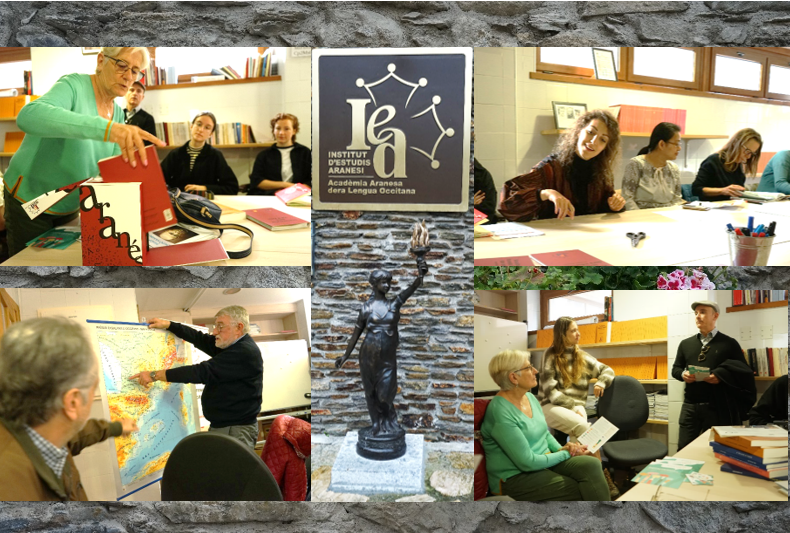
The Consortium then split into smaller groups:
while most of us continued talking with the experts at the Institut, Gisela Hagmair (MINDS & SPARKS) led a group of six to the Conselh Generau d’Aran, where they gained deeper insight into language policy questions and were gifted promotional tote bags and posters in Aranés (see below). Alidé and her colleagues kindly agreed to an interview with Marie-Therese Sauer (MINDS & SPARKS) and talked to Jenny Browne (YEN) about upcoming networking events for minoritzed language communities and minoritized language concerts in the area. We left the Institut with a rich bounty of classic works of literature translated into Aranés, Aranés dictionaries and grammar books, and Aranés postcards – the Institut provides all of these for free to help support the usage of Aranés.
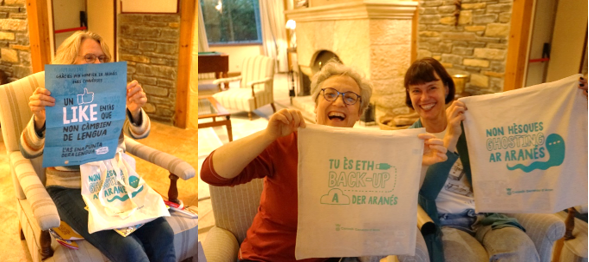
One scrumptious traditionally Aranés lunch later, the Consortium toured Salardú, a neighbouring village. We conducted street interviews with locals, tourists, and migrant workers, visited the church and other local attractions and prepared for our final meeting. Powered by panellets, the final meeting then took place in the lobby of our hotel, where we compared notes on what we had noticed over the last days. We discussed the potential gamification of linguistic risk-taking in our technological toolkit, the “Icelandic Village” concept as applied to local conversation groups and cafés, and fun extracurricular activities and opportunities that would allow young people to interact with Aranés in the form of cartoons, social media content, and video games outside of a formal educational setting. Yash Shekhawat (Nurogames, WP6) and Marie-Therese Sauer (MINDS & SPARKS) presented early drafts of the Technological Toolkit and Linguistic Atlas, respectively, and received feedback for further consideration. Finally, common challenges in all language communities were discussed some more until late into the night.
Day 3 (October 27)
Like on October 24, we were en route for most of the final day and much of the ride was spent admiring the Pyrenees – this time, in the daylight (see below). Like all throughout the journey, hardly a conversation was had that did not turn to interesting facets of sociolinguistics sooner or later.
Such enthusiasm is rare and, at this point, we, the team of MINDS & SPARKS, would like to say “gràcies” (Aranés for “thank you”) to Kristin Kuutma, Maarja Veisson (University of Tartu, WP2), Julia Sallabank, Kingsley Ugwuanyi, Miho Zlazli (School of Oriental and African Studies (SOAS) University of London, WP3), Eva Vetter, Stefanie Cajka (University of Vienna, WP4), Eva Eppler (University of Roehampton, WP5), Alejandro Martín, Yash Shekhawat (Nurogames, WP6) and Jenny Browne (Youth of European Nationalities, YEN) for all of your time, thoughts, and energy – it is a true joy to be part of a project and a team that cares so deeply about enacting real, positive change for and with the small language communities of Europe and beyond. We are already looking forward to implementing many of the ideas that we’ve discussed.

To travel to Val d’Aran, the Pyrenees and Occitania virtually, use the following list of links to have a look around:
https://www.instagram.com/val_daran/
http://www.institutestudisaranesi.cat/
https://www.visitvaldaran.com/en/
https://www.youtube.com/watch?v=pdYpvY6Efos
https://www.youtube.com/watch?v=TIyORhFgcMI
Author: Marie Sauer
Keywords
#RiseUpEU, RISE UP, Consortium Meeting, Val d’Aran, Aranés, Aranese, Selected Language Communities, Vielha e Mijaran, European Culture and Creativity Days,

